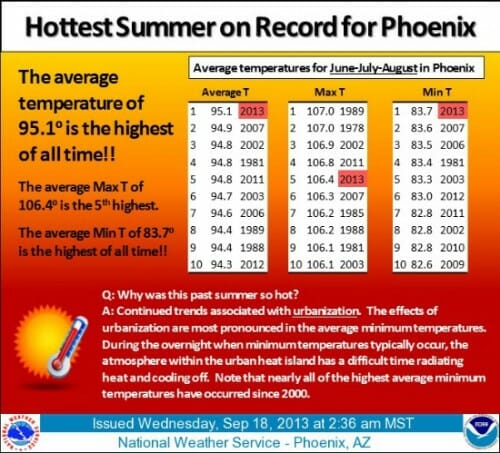The Public Rail Spending Game
Kevin Drum has a very good, succinct description of how the rail (light rail, high speed rail, commuter rail) spending game works, in the context of California High Speed Rail (HSR)
As near as I can tell, the HSR authority's plan all along has been to simply ignore the law and spend the bond money on a few initial miles of track. Once that was done, no one would ever have the guts to halt the project because it would already have $9 billion sunk into it. So one way or another, the legislature would keep it on a funding drip.
It's a time-tested strategy, and it might have worked if not for a meddling judge.
I applaud Drum for opposing this boondoggle, but if he really understands this so well, I wonder why he seldom demonstrates any skepticism about other rail and mass transit projects.
Rail projects, particularly light rail projects that are being constructed or proposed in nearly every major city, are a classic example of a nominally Progressive policy that ends up hurting all the people Progressives want to help.
Bus-based mass transit is an intelligent way to help lower income people have more urban mobility. Buses are relatively cheap and they are supremely flexible (ie they can switch routes easily). Such urban bus systems, which like any government run function often have their problems and scandals, never-the-less can be reasonably held up as a Progressive victory.
But middle and upper class people, for whatever reason, don't like buses. But they do like trains. And so cities, under middle class pressure, have shifted their mass transit investment to trains. The problem is that trains are horrendously expensive. The first 20-mile leg of Phoenix light rail cost over $1.4 billion, which amounts to about $70,000 per daily round-trip rider. Trains are also inflexible. You can't shift routes and you can't sell them-- they have to follow fixed routes, which tend to match middle class commuting routes.
Because the trains are so expensive to operate, cities that adopt them quickly start cutting back on bus service to feed money to the rail beast. As a result, even transit poster-boy cities like Portland have seen the ridership share of mass transit fall, for the simple reason that rail greatly increases the cost per rider and there is not an infinite amount of money available to transit.



